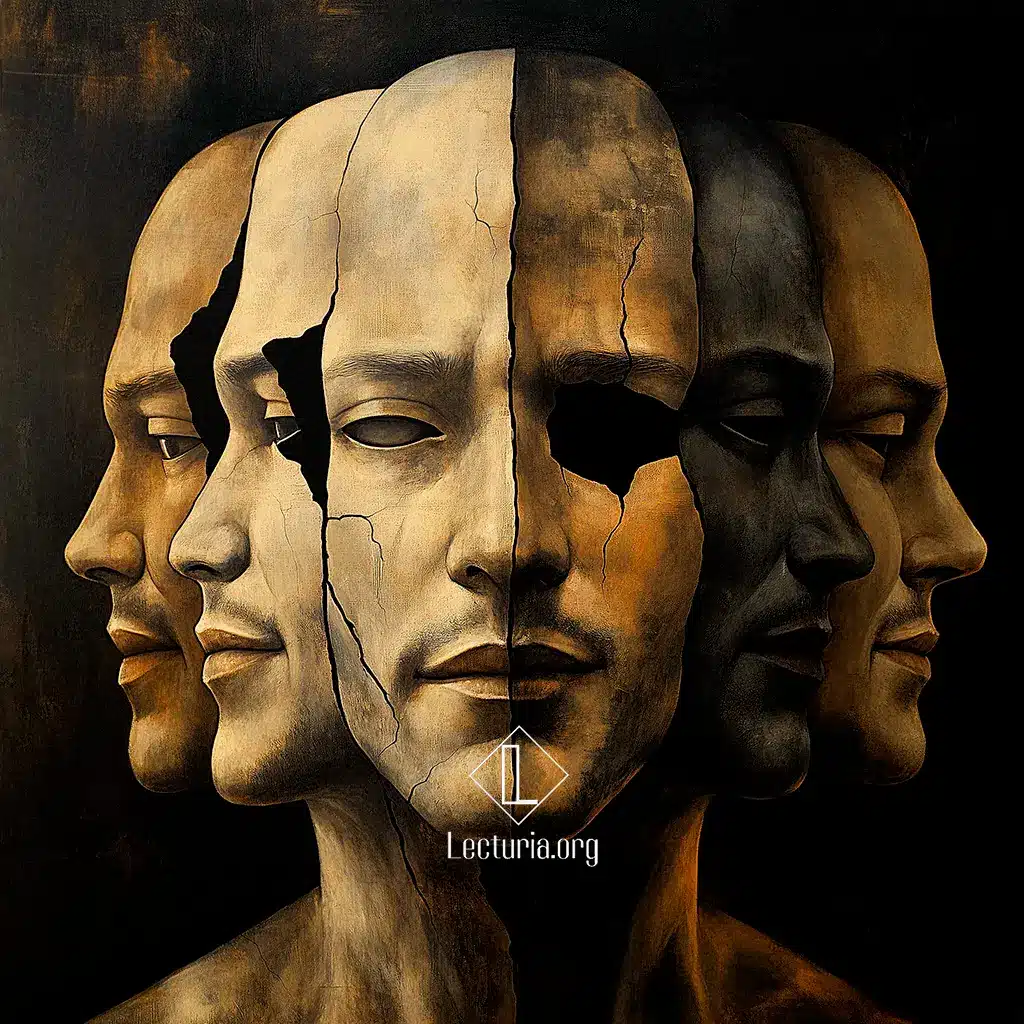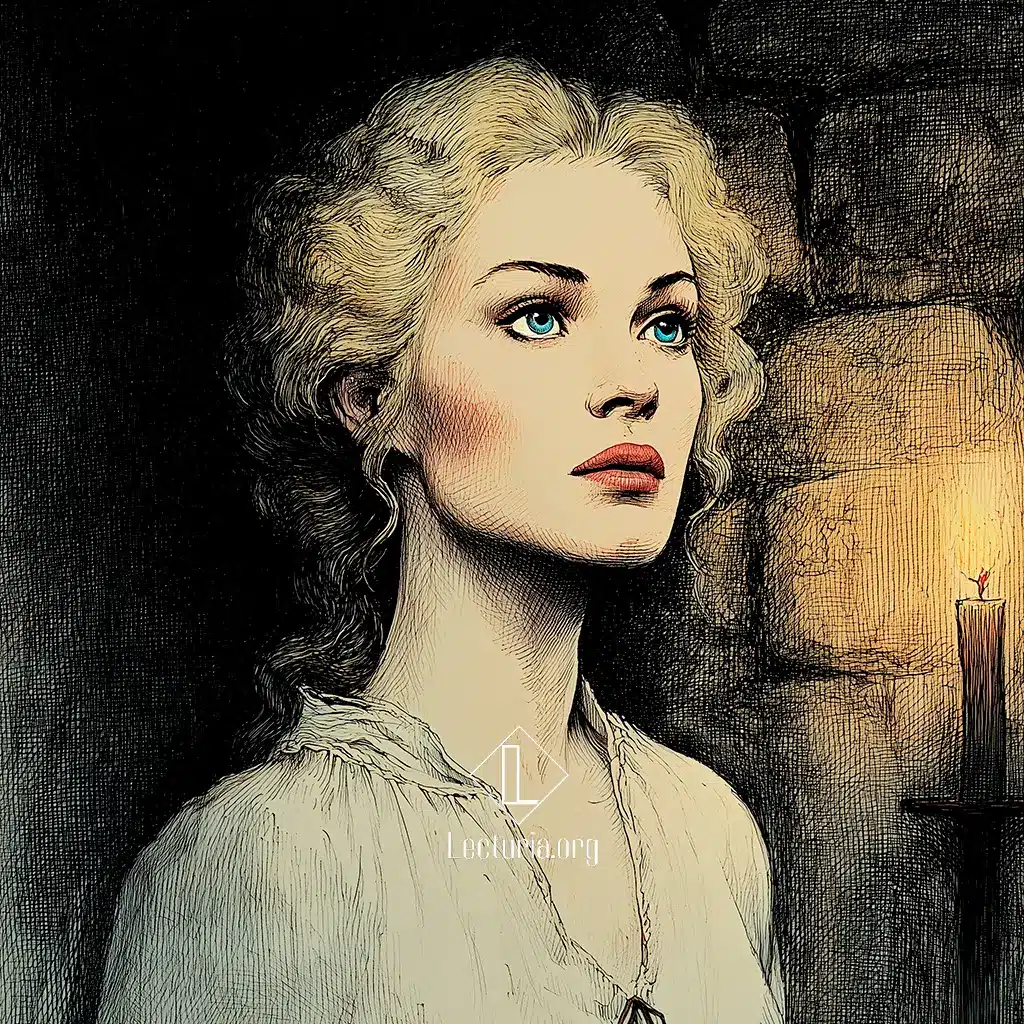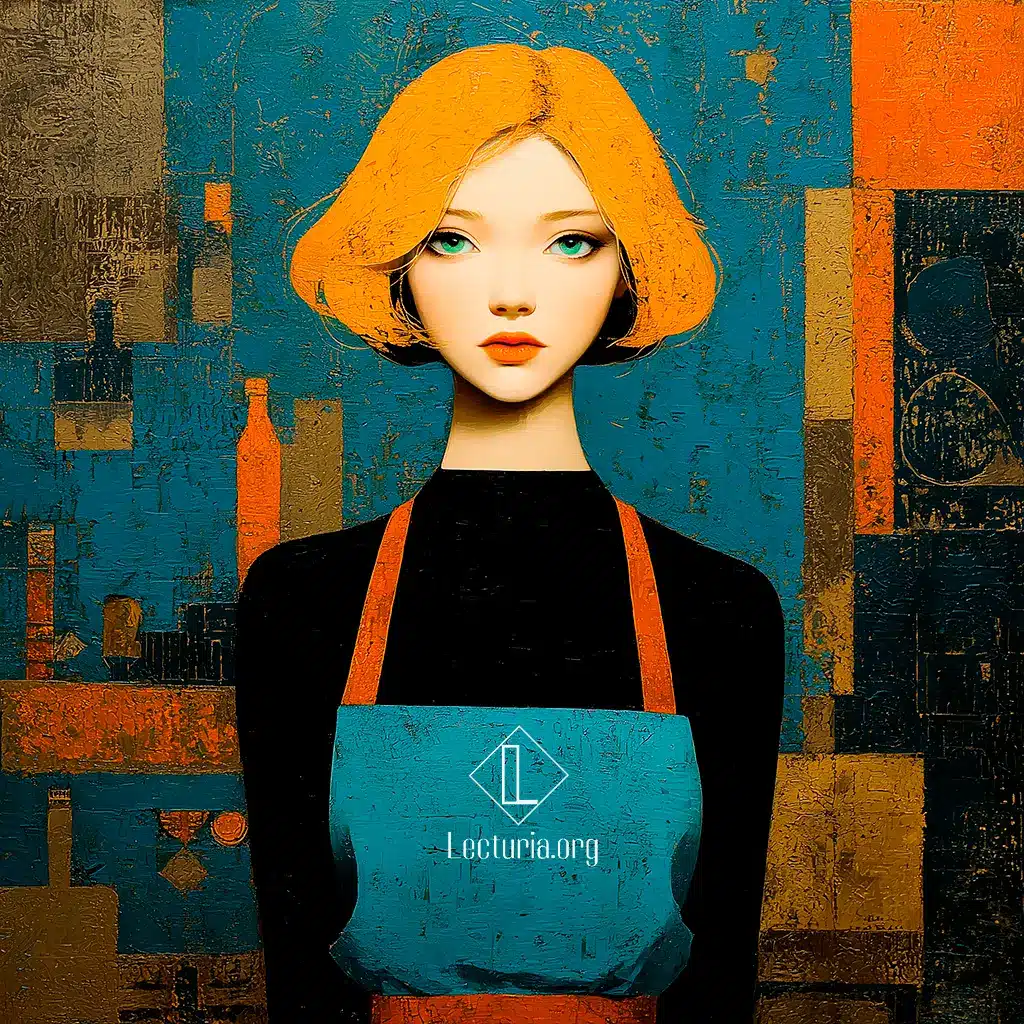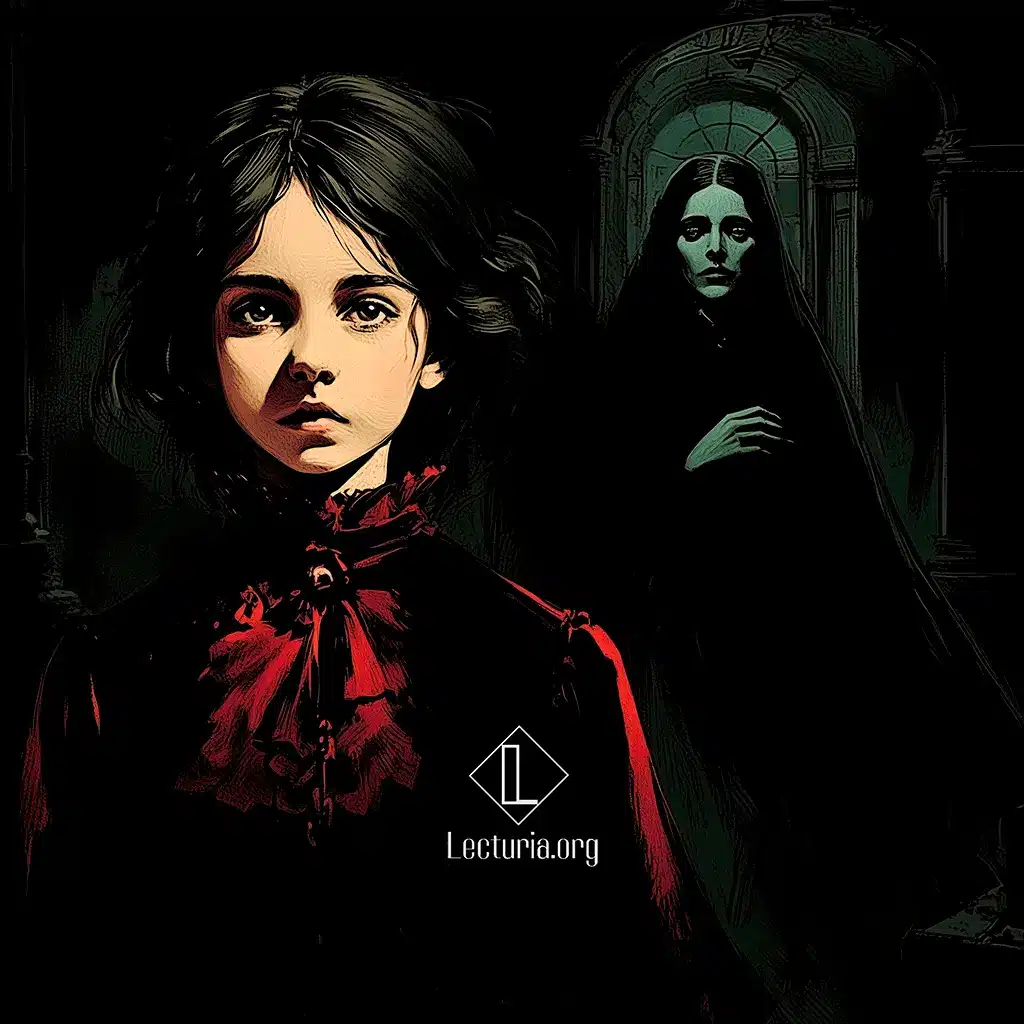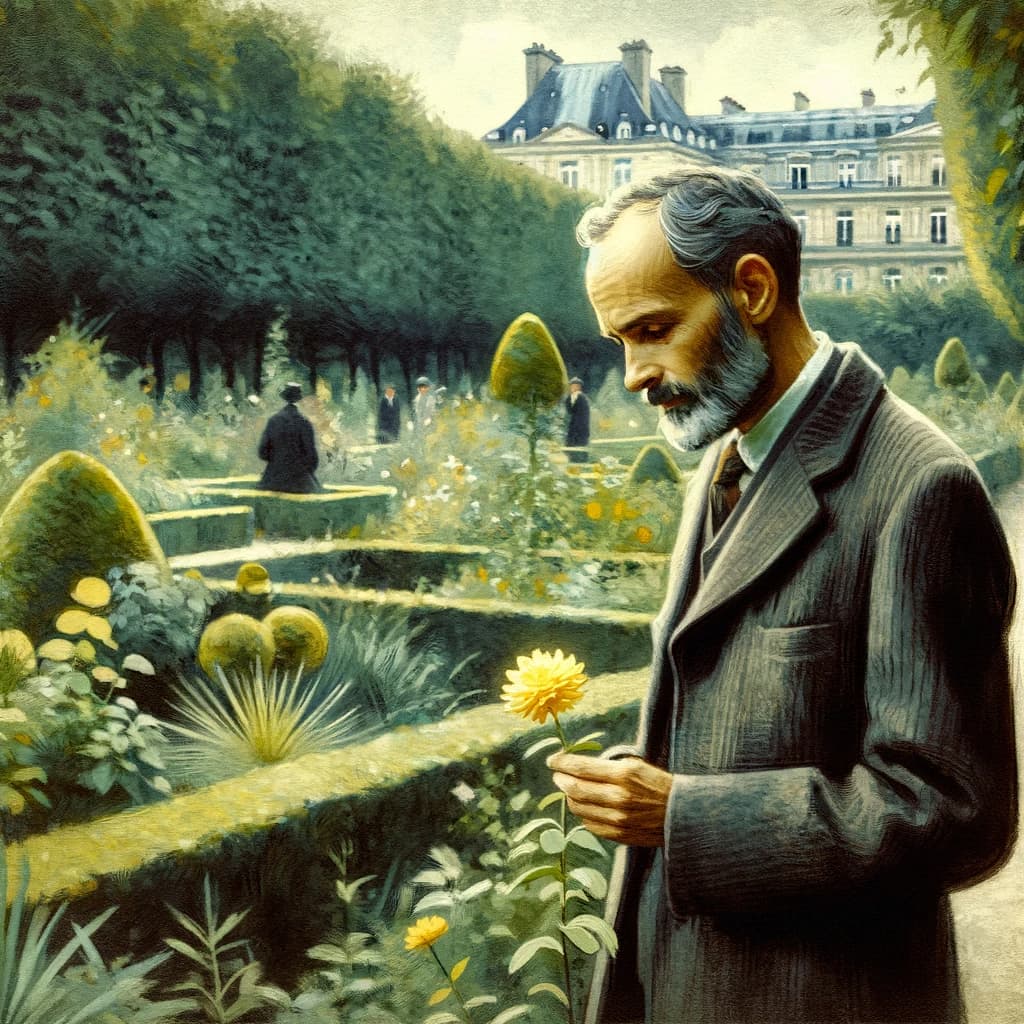Harlan Ellison: All the Sounds of Fear
“All the Sounds of Fear” is a short story by Harlan Ellison, published in 1962 in the collection Ellison Wonderland. It recounts the extraordinary career of the actor Richard Becker, who develops a revolutionary acting technique based on total immersion in his characters—living them in reality in order to achieve absolute authenticity on stage. Over the course of twenty-four years, Becker conquers Broadway with legendary characterizations, turning down offers from Hollywood because he believes his art requires the reality of the theater. However, his extreme dedication to assuming other identities drags him toward a breaking point where the line between actor and character fades away irretrievably.
